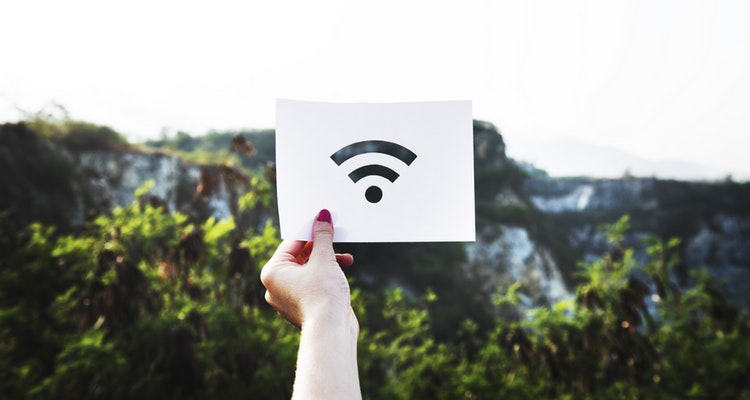
Photo Credit: pexels
According to many, the battle for net neutrality officially ended in June 2018, when the new rules from the pro-Trump FCC that repealed net neutrality officially went into effect. That capped off a long, tumultuous period of nearly two decades, with the battle for a free and open internet waxing and waning in intensity every few years. But is the battle for net neutrality really over?
Back in October 2019, a federal appeals court largely upheld the FCC net neutrality repeal from December 2017 – but left the door open to future changes on three key issues: public safety, affordable Internet access for low-income households and broadband infrastructure. That meant the discussion was not yet over. And now, at the end of October 2020, the FCC is scheduled to vote on a proposal designed to respond to these three issues raised by the federal appeals court just days before voters head out to the polls on Election Day.
Net neutrality and presidential politics
All of that could set up a very interesting scenario for net neutrality in 2021, especially if Joe Biden cruises to an election victory over Donald Trump in November. The logic here is simple: Trump backed a pro-business, anti-regulation figure in Ajit Pai to head up the FCC and overturn net neutrality, but a Biden-Harris administration would be likely to get rid of Pai (or, at least, weaken his power and influence) and put in place someone who is more friendly to the idea of net neutrality.
Given that all the big Silicon Valley tech players – Twitter, Google, Facebook, Apple – appear to be backing Biden and not Trump in 2020, this is actually a very likely scenario. The big tech players are in favor of net neutrality, and overturning the repeal of net neutrality might be a nice little kickback to these big tech companies for all their help and support during the long presidential campaign – a campaign marred in no small part by suggestions that the Silicon Valley elite are censoring and de-platforming any pro-Trump voices they can find.
From this perspective, the “soft” opening from the FCC in October 2020 could lead to more substantial changes in 2021 and beyond, eventually culminating in an overturn of the repeal. In short, the battle for net neutrality is not yet over. That’s the beauty of the U.S. court system – no case is really over as long as you have the opportunity to appeal any ruling. As long as supporters of net neutrality could keep alive a few cases in the complex U.S. legal system, they still had a chance.
Barriers and challenges for net neutrality
Of course, there’s no guarantee that we’ll ever see an overturn of the repeal of net neutrality. For one, the Democrats have shown very little inclination to make net neutrality any kind of a campaign issue in 2020. True, there seem to be larger problems at stake – like the coronavirus pandemic and the lockdown of America’s economy – but it’s still somewhat odd that even adding someone like Kamala Harris (a California politician presumably with strong ties to the tech community in her state) to the ticket has produced little or no movement on the net neutrality issue. Net neutrality is not as sexy of a campaign issue as a “Green New Deal,” so nobody is really talking about it.
Moreover, FCC Chairman Ajit Pai has been very clear that no substantial policy changes are on the horizon. He’s willing to listen to the federal appeals court and make a few little changes around the edges, but he’s not willing to overturn his repeal of net neutrality. As Pai has pointed out more than once, the Internet has remained free and open since 2018, so why change? If anything, the Internet is stronger than it has ever been in 2020, and even cynics and skeptics have to admit that all of the original fears of net neutrality backers have largely gone unseen. There has been no throttling of traffic, no crazy fee hikes for premium service, and no loss of control for small businesses forced to play in the so-called “Internet slow lane.” Meanwhile, we’re seeing all kinds of wonderful Internet innovation from the likes of Zoom and other Internet upstarts in fields like online education.
What to expect in 2021
Heading into 2021, then, the big issue appears to be whether or not there will be a new chairman at the FCC. As long as the Trump administration remains in place and Ajit Pai’s job remains secure, any major changes in net neutrality remain doubtful at best. But if Biden manages to pull off a vote-by-mail victory in November, all bets are off the table. Any minor opening from the FCC in October 2020 could turn into a major policy change initiative in January or February 2021. At least, that’s what adherents of net neutrality must be thinking as they contemplate the future of the Internet for the next four years.